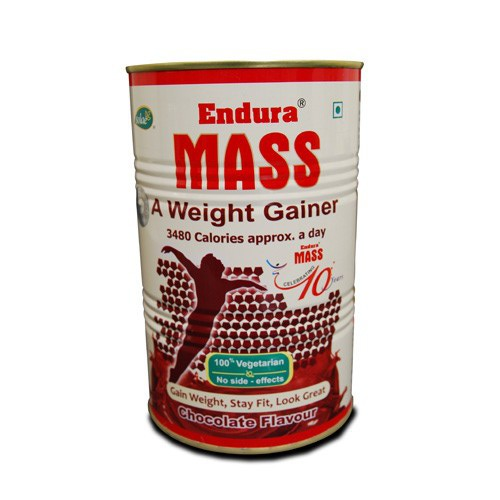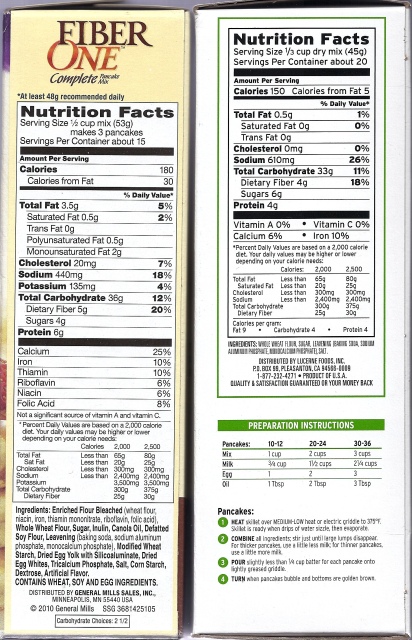what to get enough of?
Question
Hi there!
I have a very very busy schedule and Im not much of an eater so I end up eating quite little (my weight is fairly healthy though for my short height- im not underweight). So since I eat very little AND I'm a vegetarian...can you recommend what foods I should get enough of for brain power? I mean most of the work I do involves using my intelligence (focusing on reading and writing and speaking alot) since I am studying for a masters and working as a teacher as well.
Please let me know what I need to make sure I eat enough of so that I can concentrate alot and so my brain does not to give up on me!
thanks!
Nada
Hi Nada,
To maintain optimal "brain power" and physical energy, it is important to get a good mix of protein and carbohydrates throughout the day. You should be eating something at least every 4-6 hours throughout the day. Make sure to include a complex carbohydrate (such as whole grain cereals, breads, or crackers, or rice, pasta, or other grains like barley or oatmeal) and a protein rich food (e.g. nuts and seeds, legumes like lentils or chickpeas, tofu, eggs, or veggie "meats" like veggie burgers, dogs or deli slices) at each meal and snack. Dairy products are also a good source of protein (although they are not considered a meat substitute as they do not contain enough minerals and are not as rich in protein).
I would strongly recommend that you read _Becoming Vegetarian_ by Vesanto Melina and Brenda Davis to make sure your vegetarian diet is balanced enough to meet your nutritional needs. This book should be available at your public library. You might also want to visit the Vegetarian Resource Group at www.vrg.org, there is lots of good information there as well.
Here are a few of my other diet strategies for "tuning up" your diet:
1. Eat lots of fruits and vegetables (5-10 servings per day).
2. Include legumes in your diet regularly (preferably at least 1 serving per day). Choose from lentils, split peas, chickpeas, black beans, brown beans, or soybeans, just to name a few!!
3. Include a variety of whole grains in your diet. Besides whole wheat products, be sure to try oatmeal, brown rice, barley, quinoa, and kamut.
4. Choose healthy fats, such as olive oil and canola oil, or healthy high-fat foods like nuts and avocadoes.
5. Include a source of omega-3 fats in your diet. This includes walnuts, canola oil and flax seed oil, as well as omega-3 enriched eggs and breads.
6. Make sure you get enough calcium. 1000 mg per day of calcium (from foods, not supplements) can help you achieve and maintain a healthy body weight. Besides milk, cheese and yogurt, try almonds, greens (broccoli, kale, bok choy) and calcium-fortified orange juice.
7. Eat mostly 搘hole foods? those that are unprocessed. The more processing a food undergoes, the more fat, sugar and salt are included, and less nutrients are retained in the final product.
Hope that helps!
Karen
www.getfitwithkaren.com
- Prev:what to make sure to get enough of?
- Next:Deiting
Related Articles
-
Weight Management - Nutrition
QuestionQUESTION: Dear Ms. Laurie Beebe, I am a Journalism stude
-
Little Debbie calories on label
QuestionHi, How many calories are in a Little Debbie Chocolate C
-
Gap between meals and exercise
QuestionHi Jerry, I was curious to know how much time gap is rec
-
Calories / weight loss
QuestionQUESTION: Hello! The expert cant answer your question. Y
-
I have flabby thighs and a...
QuestionI have flabby thighs and a flabby stomach. Can you
-
Metabolism and body composition over 70
QuestionIM 71,+IT SEEMS ITS MUCH HARDER TO LOSE WEIGHT EVEN THOUG




